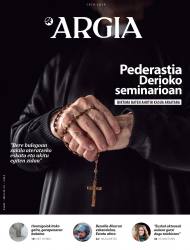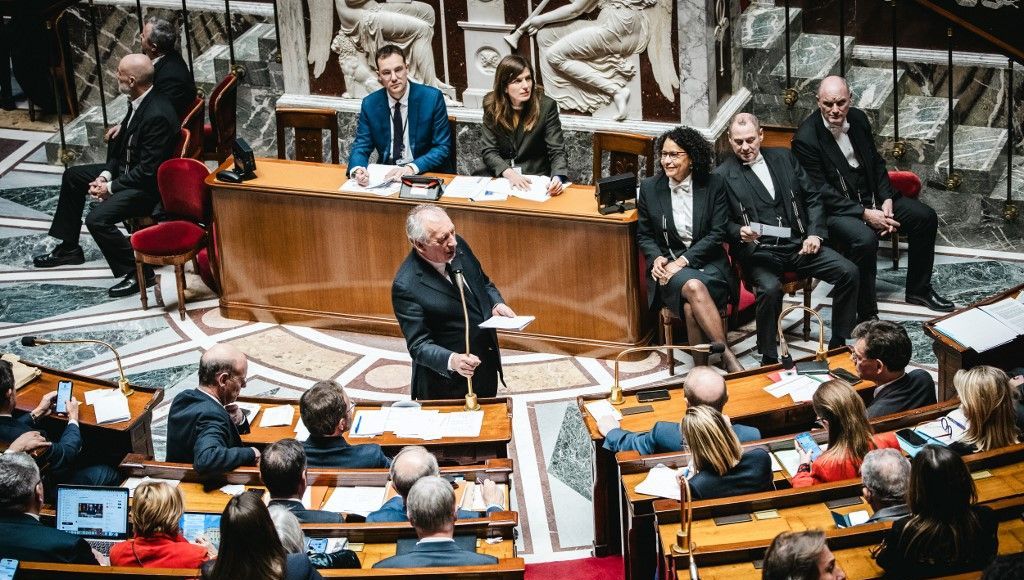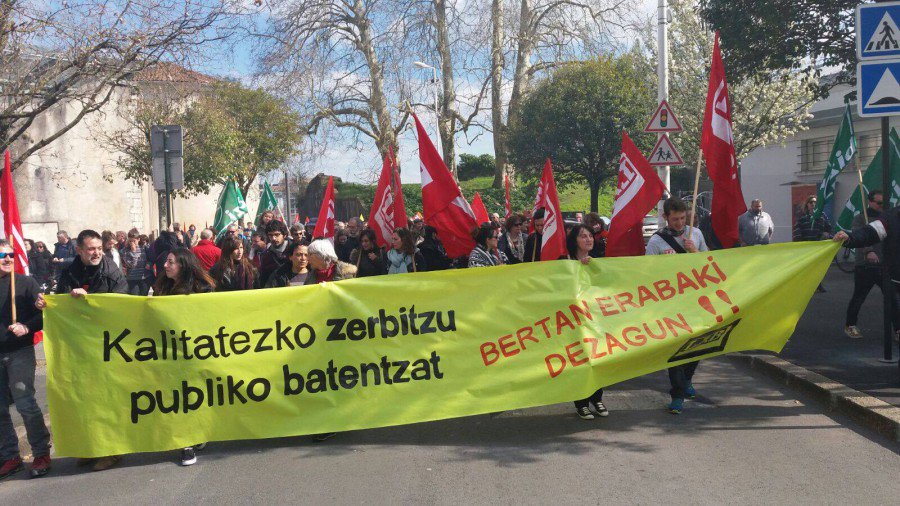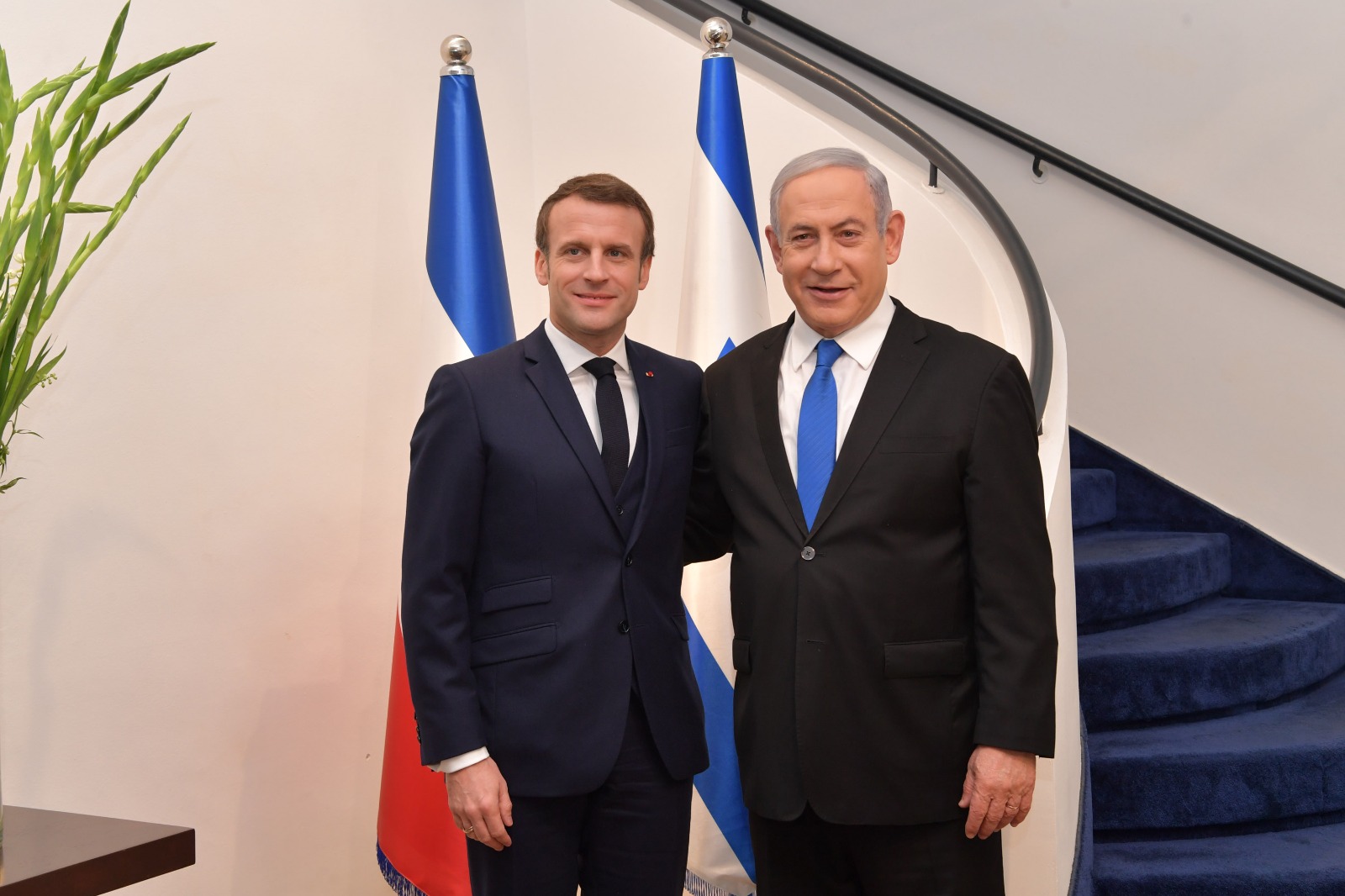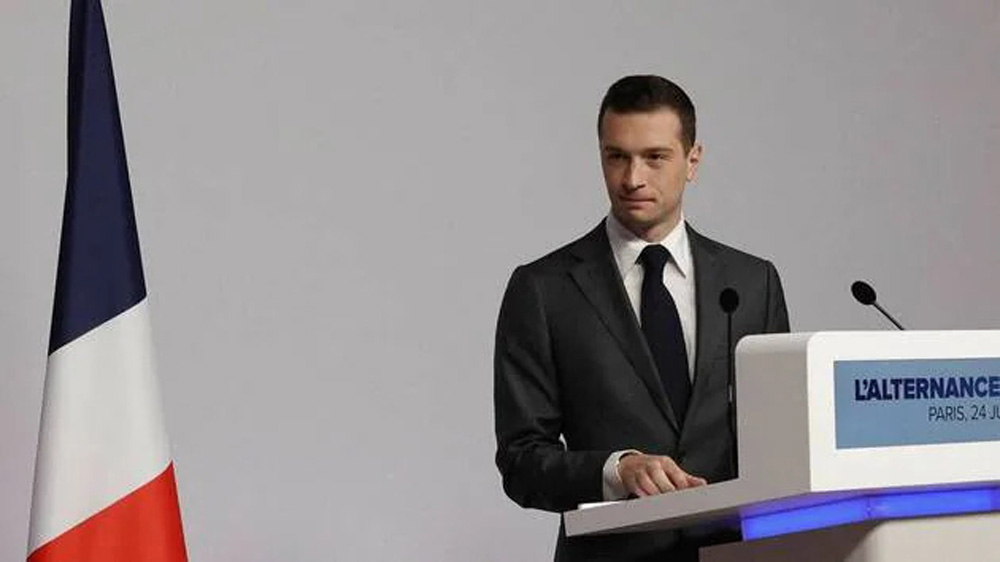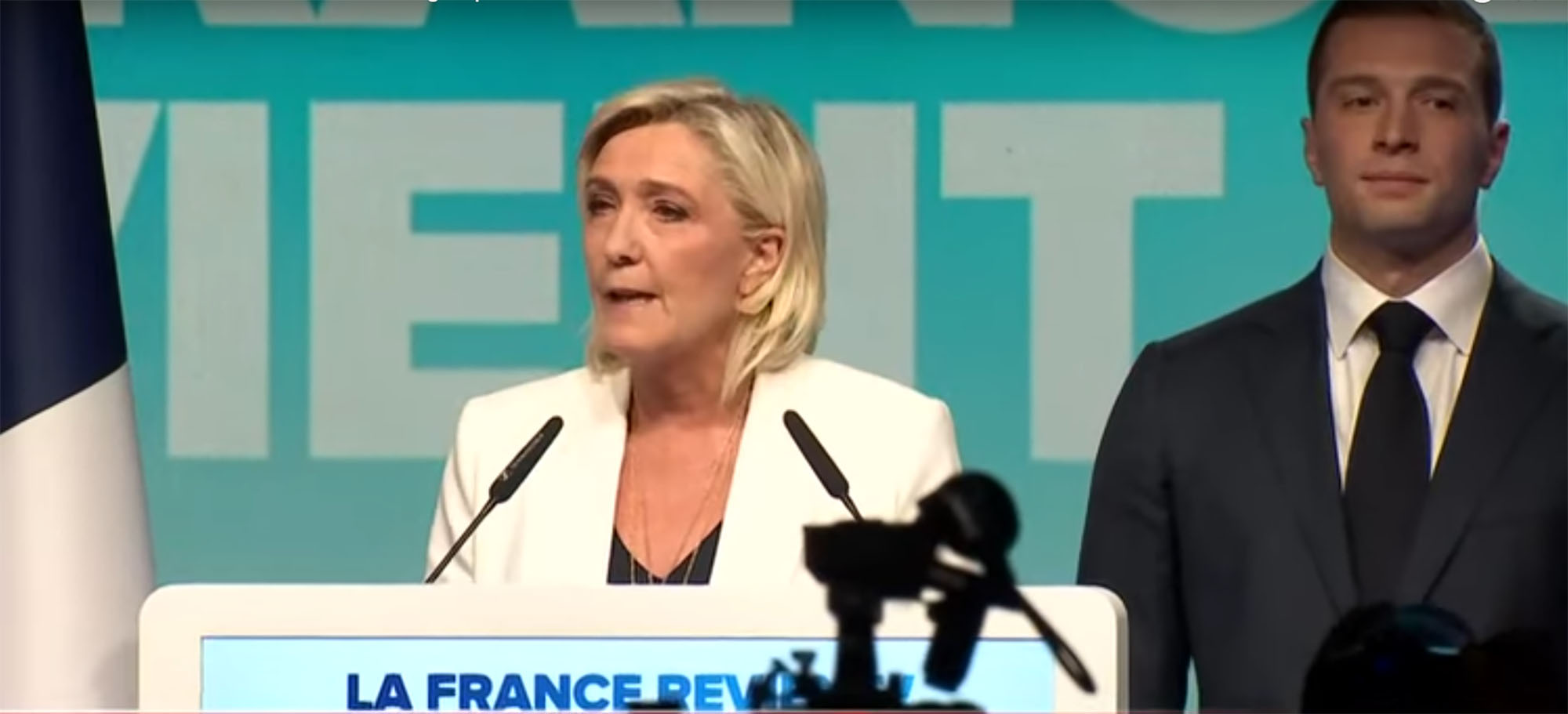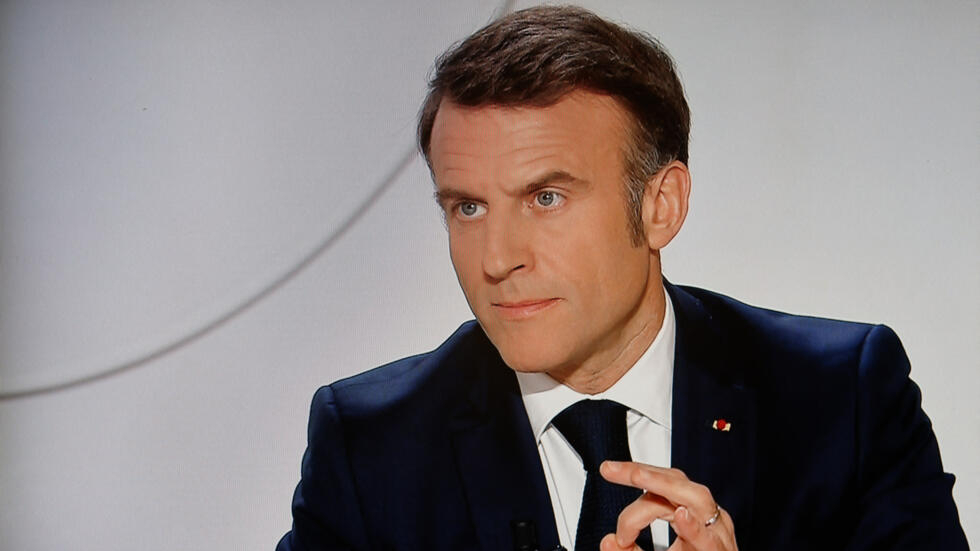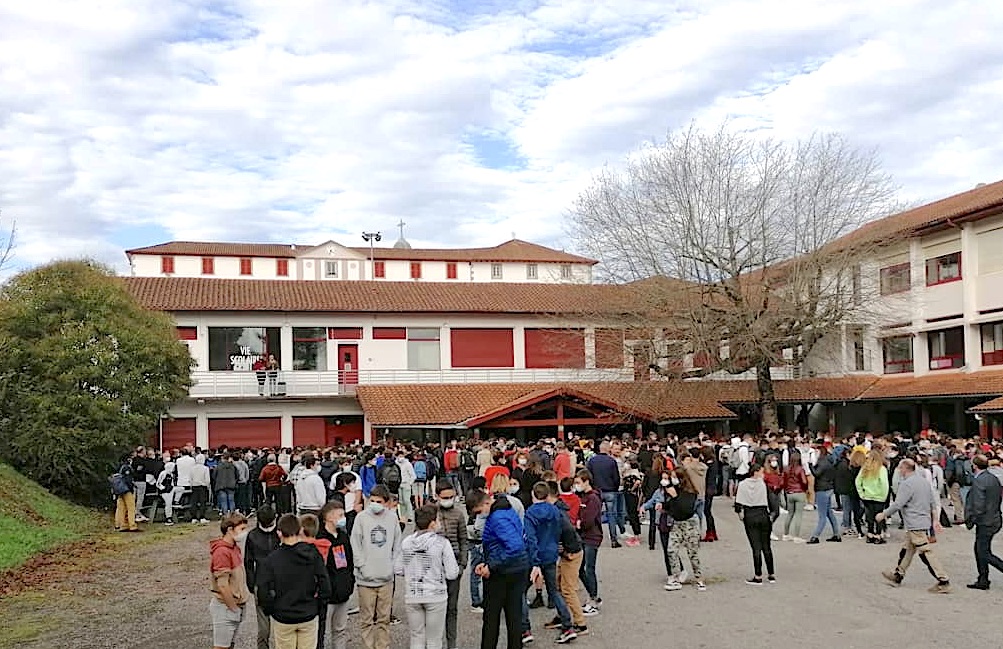The Benalla Scandal, State Affairs
- Alexandre Benalla could be the main character of a television series. The whole thing is full of unexpected characters and events. Unfortunately, it is not a fiction, it is a reality. The close collaborator of the French President, Emmanuel Macron, is an excellent illustration of the dealings and dirty games that may exist within the government. At the May 1st demonstration last year in Paris, police gowns, they recorded beating a number of citizens, and there began the scandal that has gone a long way. Mediapart is a means of communication that allows us to discover everything thanks to its deep work. The journalist Antton Rouget explains in detail that the investigation is being carried out.
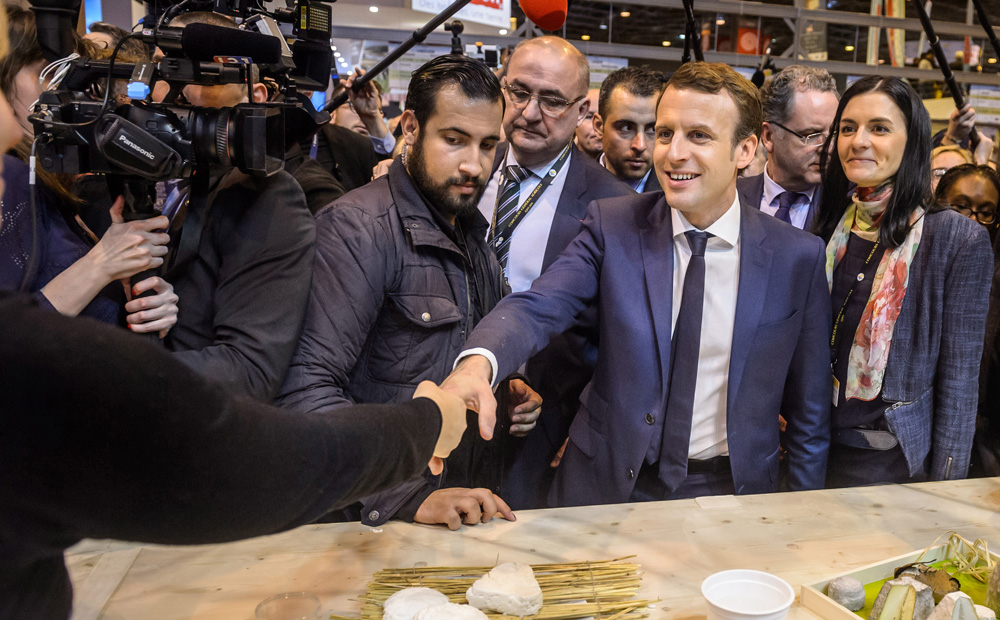
You are revealing what is hidden in the highest areas. President, oligarchs or mafioso, naming those who fearlessly are willing to everything. But what is the place of fear in you?
We are working on some people who may be unemployed. Let's say, we've posted links between Alexandre Djourhi and Alexandre Benalla. The Djourhi, well-known in Mediaparte, was the one that allowed the Libyan disbursement of Sarkozy’s presidential campaign. As far as this dossier is concerned, some people have been murdered, strange murders have been committed. But even though the week of Mediaparte's exploration attempt is special, I can say that the people who conduct this survey have not felt fear for us. More than journalists, those who work as a source take risks. If they're identified, they have the threats, the risk of losing everything. We can obstruct exploration, mobilize public opinion. We have made a press conference and we have received great support. However, sources are rare.
We started with a series of images of the May First demonstration last year, published by Le Monde on July 18. There, Benalla appears violently touching several protesters disguised as police.
Surprised, we asked him what he was doing. But at the time, we didn't imagine that we were dealing with a state problem. We thought it was a simple event affecting the government. Macron's opponents put a lot of questions on the table, there are committees of inquiry in Parliament and from the outset we realized that there was an omerta about Benalla's place in the Elysées. How is it possible to disguise themselves as a police officer, to strike a demonstrator and to remain unpunished in the Elysées? We soon realized that the president was protecting him in a surprising way and as he had never seen before.
Macron expressed his support to him with a "sole responsibility is me, only me."
There's a special relationship between them, not just any collaborator. The president is prepared to take serious risks to protect Benalla, whom he has not resigned. At the same time, the relatives of Macron have felt uncomfortable and disheartened.
You decided to start investigating.
Yes, wanting to understand this support and with the intention of clarifying the role and route of this collaborator, we got underway.
A long list of broadcasting starts.
In September we announced that Benalla had weapons. We made known some selfies that had been made throughout the presidential campaign, in which a weapon appears in his hand, although he has no right to do so. We did this when the May First Violence Judicial Survey is underway. The investigation was confused, there were dysfunctions, the registration at Benalla's house had gone very badly. He had made a safe disappear that he had in the apartment and the Justice did not opt for the search. The feeling of a black wolf grew week after week. On 27 December we announced that Benalla continued to travel for personal affairs thanks to a diplomatic passport stamped by the Presidency of the Republic. It continues to meet the heads of state, including Africa, on a continent that, as we know, remains a private hunting ground for French diplomacy.
Do you travel for personal matters or for the government?
There's the whole question. We know that it has left with the intention of signing conventions. Since it is not in the Elysées, we can think that it has been readapted in the field of consulting. But what we're trying to do is to clarify his relationship with Macron. We know that he has links with some of the President’s closest collaborators, including Ismaël Emelien, Macron’s private advisor.

The last big issue is that it makes an agreement with Iskander Makhmudov, the "Putin's soldier", a billionaire and mafia.
From within the state they also warned us that Benalla had strange attitudes. The information we published on 31 January is the result of a survey or research that has been carried out since August. We recovered the agreement with the oligarchy. The contract was negotiated at the end of June. That is, before the violence of the First of May came to light, when he was assistant to Macron's chief of staff. It was, of course, a convention that had been reserved for everyone. As proof we have several recordings, including conversations with his friend Vincent Crase, also charged in the Elysées for the violence of May First. It is a question of the need to safeguard this contract in such a way that banks or judicial authorities do not find it. It is crazy, we have never had a collaborator of the president, with whom he was every weekend, who could be aware of his secrets and who had the power of a secret defence, to sign a contract with a Russian oligarchs. The Anti-Corruption Court has opened an investigation the day after the facts, according to Interior. Of course, suspicions remain there, this convention may contain something else.
The Government has been silent since these revelations.
This sum of dysfunctions at the State summit is absolutely dazzling. Not having been expelled with what happened the First of May, step by. But that Macron, despite all his revelations, still asked for indulgence? In November, Macron asked the Justice to be involved with its clemency in this matter. We see the instrumentalization of justice. Furthermore, he has never wished to explain the support given to Benalla. The presidency says that they were not familiar with the contract, which means that since July, what it was doing has not been monitored, that no survey has been carried out. It is surprising to see that Macron’s only obsession is to get into the hands of Russia. During the campaign he suffered hacking and believes he was coming from Russia. He insists on the danger of Russian incursion in the morning, noon and night, that there may be Russians behind the Warriors, etc.
In response to the attempted registration of the Mediapart headquarters.
That is the only answer we have had. We publish the survey on January 31 and four days later, at 11:15 we have two prosecutors and three policemen at the door, sent to do the registration and recover all the sounds and documents we had.

How have you received the police and the prosecutors?
In the beginning we didn't understand it, out of sheer goodness, because we weren't contemplating it. We were leaving the drafting meeting, with a lengthy discussion of the authoritarian diversion of the presidency. And here we have an excellent illustration of reading at the entrance to the headquarters. We thought they were there for a crackdown request, they were coming to look for the sounds that were being published. It happens to us often and we respond with optimism, leaving readers with what they have given them, no less and no more. But there you don't: "We didn't come for that, we came to make the record that's been done." We have brought together all the wording, we have put ourselves in front of them and blocked them from entering.
Hindering freedom of the press.
Totally and they don't disguise. The survey has been open for alleged damage to the privacy of citizens. What private life? Besides being aware that we have sounds of public interest, they show us that Benalla was sitting in front of the Senate saying that it had nothing to do with that Russian agreement. We are asked for the identity at the basis of the complaint and we are told that there is no complaint. Three days later we discovered that the Prime Ministers took the initiative following a letter sent. In addition to being clumsy, it is scandalous: the power itself calls on the Justice to investigate the way in which power is being made known. They want to know our sources. They have not succeeded, but we know that they are doing so.
What does the Macron-Benalla theme reflect to your liking?
There are different levels. On the one hand, there is a clear will to exhaust our sources, to obstruct the path of revelations, to silence the matter definitively. As of July, the government repeats to us that Benalla is "a storm in a glass". But we're clarifying that more than "Benalla afera" we have "Macron-Benalla afera". Furthermore, it is a huge disaster in public opinion. This dossier is an explosive device for Macron. However, it does not want to separate itself from Benalla and that is something that is incomprehensible to us.
Everything in its context.
This movement has two elements at the base. Of course, both the low and middle classes suffer, the standard of living is weakening and that is what has caused this torment. On the other hand, however, the impunity of the elites cannot bear it any more. The theme of Benalla is an unbeatable illustration of this impunity and many say it can be a spark that has aroused social unrest.
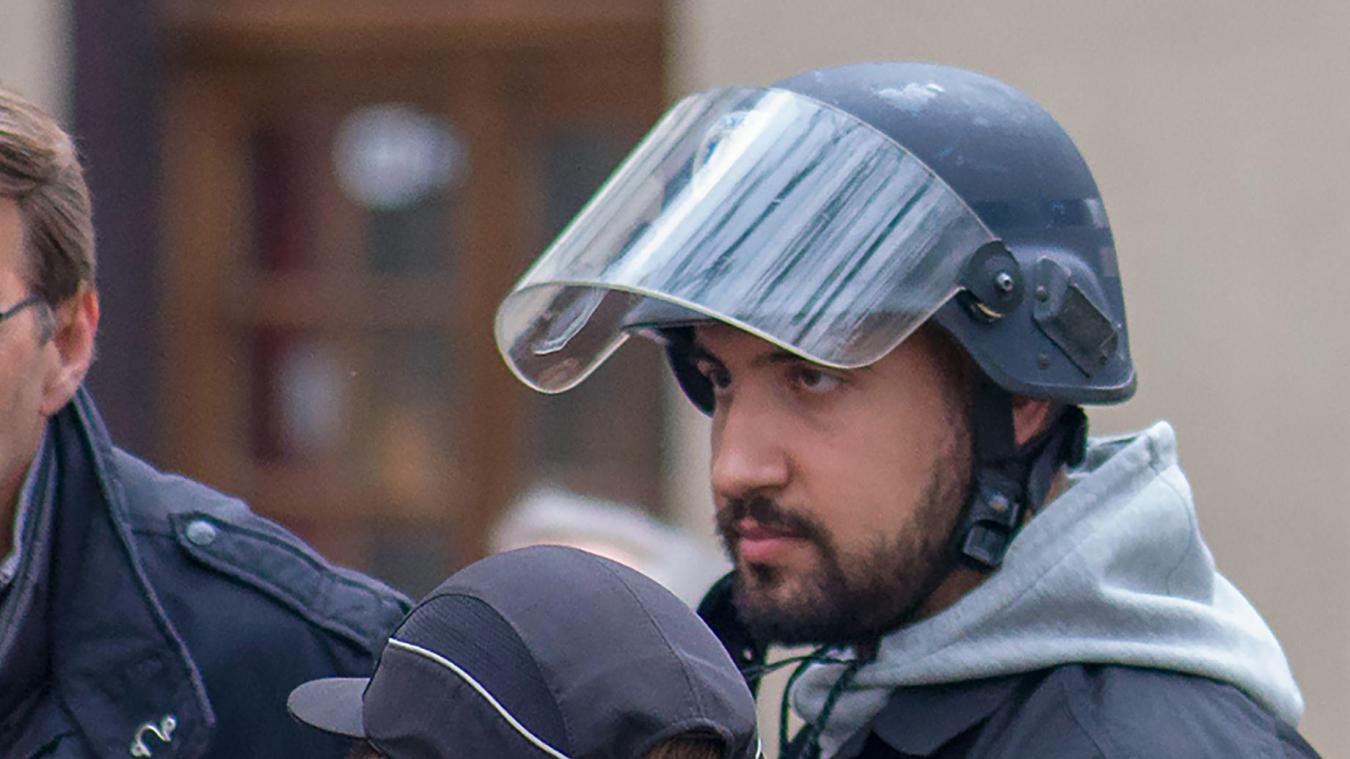
For those who do not know it: it is not a powerful white man who has occupied his place for long years. This is a 27-year-old who has come with great skill and agility to the top of the political pyramid.
We can hear it in the sounds that were published on January 31. He told Crase, Macron's collaborator and investigated with Benalla: "You realize that at 27 I'm jumping the power of the railroad! That I am at the base of the two parliamentary committees of inquiry! ". He is not a super-diplomat, he is a simple bodyguard who has gained the confidence of the president and who has imposed his place in the Elysées. From the beginning, I affirm that he has the ability to understand the multiple dimensions and complexity of situations, knows how to move forward, how to avoid them and how to go over others.
What succession do you see to the matter?
I think they have overcome a bite with Mediaparte's attempt to register. In that step we have the message that "you won't go any further." This issue fuels and exacerbates tension between independent media, freedom of information and increasingly authoritarian power. We will, of course, continue, because we know that this is a matter for this mandate. The Benalla question perfectly represents the character of Macron's presidency. I continue with the publications and I think the tension increases. Today, mainstream editorialists say that Macron will not stand if he does not make statements. What happens is that there are reasons in which he supported Benalla, that is, that Benalla probably has some information that is annoying to Macron. The presidency is paralysed by the 27-year-old, but in particular by the information he may have in his hands.
Mediapart is an independent media.
Founded in 2008, because only at the time was Canard enchainé totally free. Most of the French media are concentrated in a few groups in the hands of some miliarians. The Macron-Benalla problem demonstrates the need for independent and free media. The topic was on the media agenda all summer, but then they changed the subject. We continue. In such matters we should be much more. We have at the same time the state apparatus, the state ratio. These concepts are considered an artificial tradition, but when working on these dossiers we realize the intentionality of these notions. There is enormous pressure and in order to move forward, I always repeat to myself that what has been done is really necessary. Current publications are not scoop, they are publications that serve us to represent the macronist power in the logic of scoop extraction.
In the end, things have moved: Benalla has been imprisoned, released shortly afterwards, and the committee of inquiry has strongly criticized the attitude of the Elysée towards the situation created.
These are two events that occurred at the same time. The report criticizes the dysfunctions that are at the height of the state and responds once again to the support of the president, regretting that the Senate has trampled over the separation of powers. The media that can be a counterbalance to powers, such as the Justice or the Senate, constantly respond by the nose where it is not necessary. It's amazing.

Two weeks ago, the financing of the French radio stations was at issue, as the French Ministry of Culture intended to reduce subsidies to local associations by 35%. At that time, there were about 200 associations in the labour market, including Euskal Irratiak of Iparralde.
The... [+]
Three months have passed since the elections to the French Parliament. It was July 7, and to everyone's surprise, the New Popular Front on the left, the FHB, won. With the aim of cutting the road to the far right that was successful in the first round, in the second round the... [+]
What seemed impossible or complicated has materialized: The leftist parties undertake to form a single candidature for the elections to the French Parliament. On the occasion of the victory of the far-right RN National Union in the votes to the European Parliament, President... [+]
Laborantza lizeoetan tokiko hizkuntzetako irakaskuntza sailen sortzea eztabaidatua izan da frantses legebiltzarrean. Legearen zuzenketa proposatu du Iñaki Etxaniz legebiltzarkideak.









